Emily Dickinson and the Compound Witness

Reckoning with extreme psychic suffering, Dickinson’s poetic speakers repeatedly confront the boundary between unknowable interior experience and intelligible linguistic testimony.
The Tale of Genji, Suspended Between East and West

We in the English-speaking world are used to the idea that we apprehend Genji only dimly through translation, as if through a scrim, watching shadows. So why then have two Japanese sisters, both well-known poets, spent years retranslating an Edwardian English translation of the novel back into Japanese?
Language and Fronteras in Signs Preceding the End of the World

In Yuri Herrera’s 2009 novel, borders can be impenetrable surfaces, and language can open doors that can’t so easily be locked back.
The Art of Dissent in Abigail
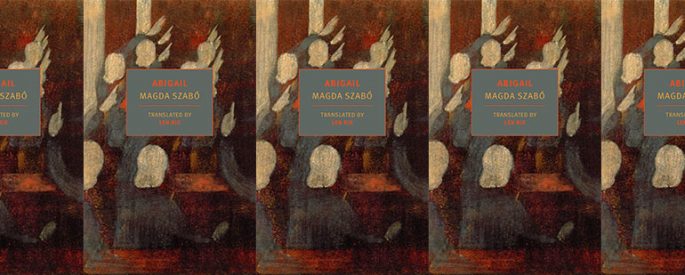
Magda Szabó’s 1970 novel is an unusual coming-of-age story—the willful heroine finds her place in society not by learning to comply with its demands, but by learning the art of dissent.
“I’m telling these stories for an audience, but I also want to digest this experience for myself”: An Interview with Poupeh Missaghi
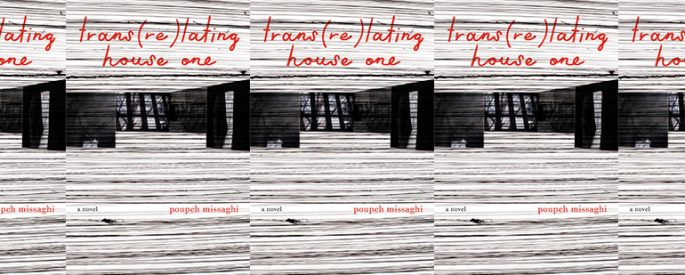
Poupeh Missaghi’s debut novel follows a protagonist obsessed with finding out why Tehran’s statues are disappearing. It’s an experimental hybrid work that combines a traditional novel narrative with quotes from theorists and writers, dossier-style notes on people who have been made to disappear after death, and poetry.
The Criminal Child by Jean Genet
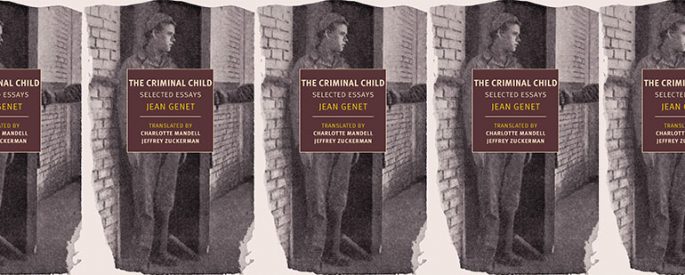
Genet operated in social structures in order to subvert them, to explore and craft beauty from the darkest corners of modern civilization. While most artists can only imagine a prison sentence, prostitution, ecstasy, or evil, Genet lived through these experiences and, in some cases, sought them out.
The Mechanization of Violence in Animalia
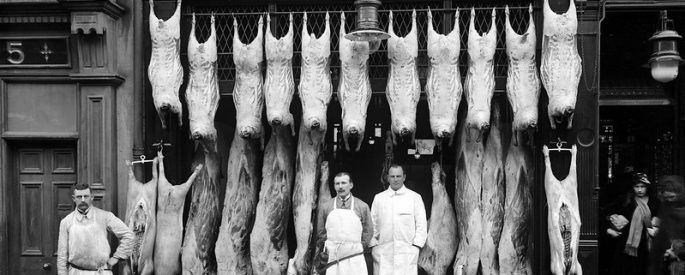
Through etymological conversion, our minds have come to separate “flesh” from “meat,” sublimating the violent methods necessary to render bodies into food and making us believe we know with certainty what separates our own bodies from the bodies that we destine to be eaten.
Kawabata Yasunari’s House of the Sleeping Beauties and the Male Gaze

In his 1961 novella, Kawabata takes the idea of the male gaze and makes it concrete, a laboratory in which to test our preconceptions about masculinity and male privilege.
Mindy Aloff’s Dance in America: A Reader’s Anthology
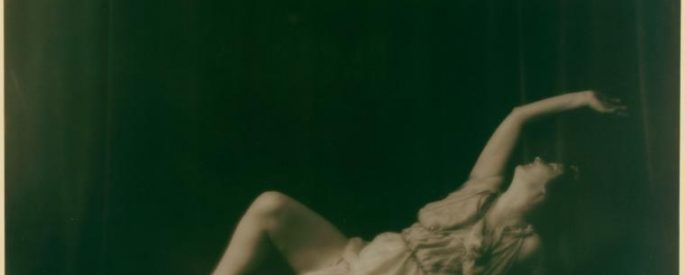
The challenge of Aloff’s project stands not only in relation to the mass of written material to potentially engage, but in how to remain in keeping with the Library’s undertaking “to celebrate the words that have shaped America” when dealing with an artform that creates a world “where there
Tess Fragoulis on The Goodtime Girl
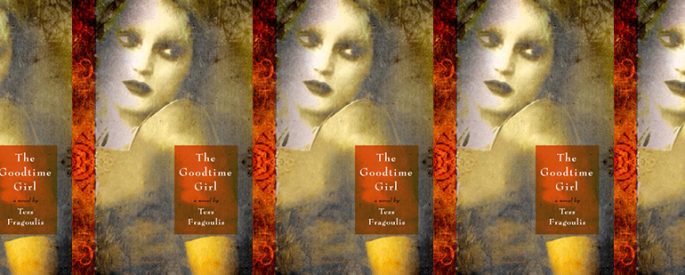
Fragoulis roots her 2012 novel in the Greco-Turkish blues, including lyrics of well-known rebetiko songs that she has translated to transport the reader into the world of Kivelli—who, like many of her fellow refugees, pours herself into music to forget the trauma of losing everything she has known.